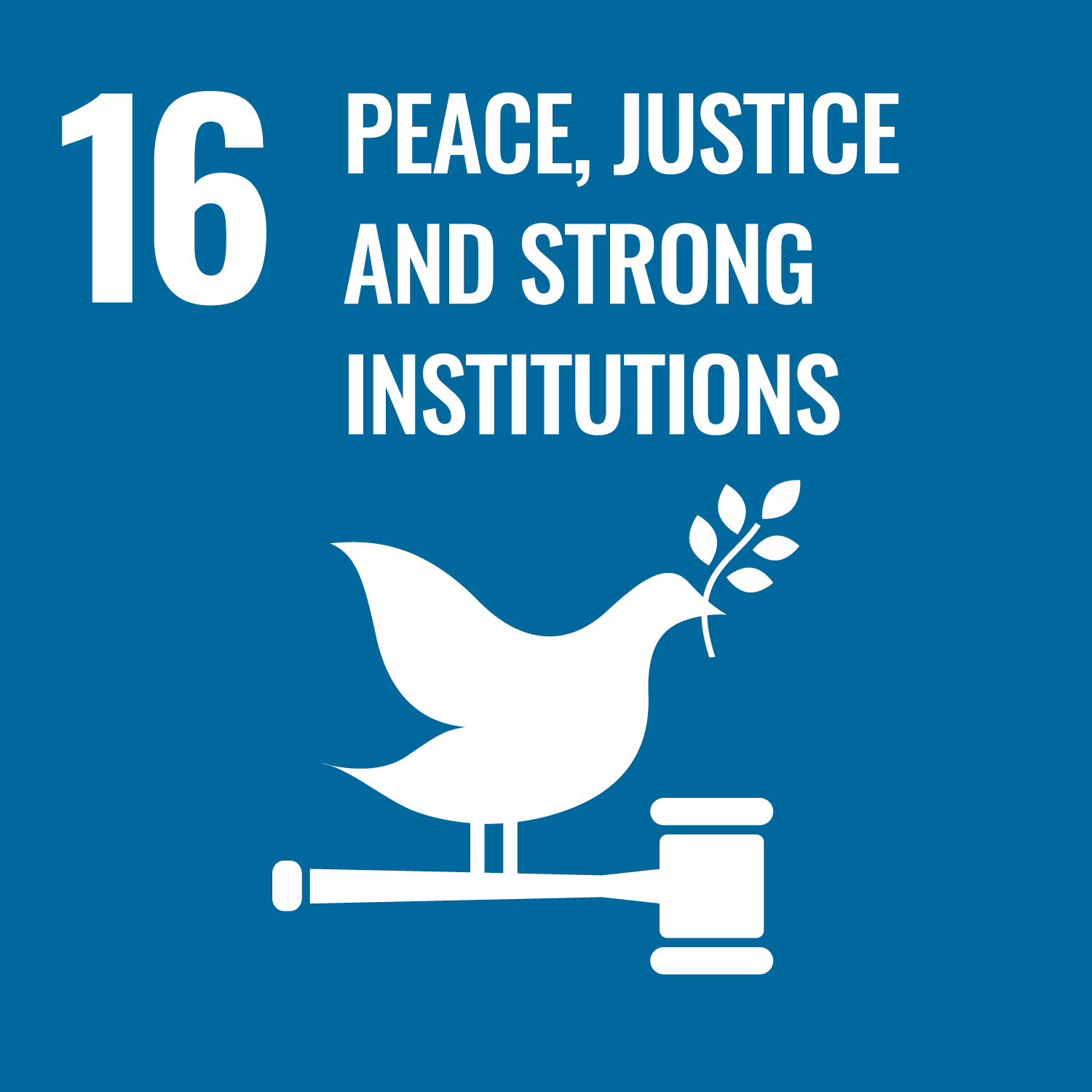Auckland South Corrections Facility (ASCF)
Aligned SDGs


- Auckland South Corrections Facility (ASCF)
- General overview
- Location
- Involved organisations
- Outcome metrics
- Spreadsheet of data
- Auckland South Corrections Facility (ASCF)
- General overview
- Location
- Involved organisations
- Outcome metrics
- Spreadsheet of data
General overview
Stage of development: Implementation
Policy sector: Criminal justice
Date outcomes contract signed: 2012
Start date of service provision: May 2015
Capital raised (minimum): NZ dollar 3m (USD 2.09m)
Service users: 960 individuals
Intervention
ASCF runs a number of programmes to tackle specific causes and types of offending. Work and training opportunities are offered for prisoners on site throug partnerships with businesses enhancing their employment skills when they leave prison. Likewise, prisoners are encourgaged to enagage with their family, whānau and the wider community, hence increasing their social integration. In-cell technology increases the time prisoners can spend learning while in custody, allows them to take more responsibility for themselves, and helps them to stay in touch with family. ‘Through-the-gate’ support is given to prisoners on release through a volunteer mentoring scheme and integration with the Probation service and Parole Board. A Community Liaison Office provide a range of assistance including alcohol and drug relapse prevention support, money management, debt counselling, accommodation services and a work placement programme.
Target population
Male Māori (primary target population) and general male prisoners of the ASCF.
Location
Country
- New Zealand
Service delivery locations
- Wiri (Auckland), New Zealand
Involved organisations
Outcome metrics
- Reduced recidivism among Māori prisioner population. Reduced recidivism among the Māori prisioner population is at least 10% higher than in other prisons in New Zealand.
- Maintain prison safety. Ensure sentence compliance in a secure, safe, positive environment.
- Achieve reintegration and social outcomes for Māori prisoners.
Spreadsheet of data
Important Notice and Disclaimer on INDIGO Data
INDIGO data are shared for research and policy analysis purposes. INDIGO data can be used to support a range of insights, for example, to understand the social outcomes that projects aim to improve, the network of organisations across projects, trends, scales, timelines and summary information. The collaborative system by which we collect, process, and share data is designed to advance data-sharing norms, harmonise data definitions and improve data use. These data are NOT shared for auditing, investment, or legal purposes. Please independently verify any data that you might use in decision making. We provide no guarantees or assurances as to the quality of these data. Data may be inaccurate, incomplete, inconsistent, and/or not current for various reasons: INDIGO is a collaborative and iterative initiative that mostly relies on projects all over the world volunteering to share their data. We have a system for processing information and try to attribute data to named sources, but we do not audit, cross-check, or verify all information provided to us. It takes time and resources to share data, which may not have been included in a project’s budget. Many of the projects are ongoing and timely updates may not be available. Different people may have different interpretations of data items and definitions. Even when data are high quality, interpretation or generalisation to different contexts may not be possible and/or requires additional information and/or expertise. Help us improve our data quality: email us at indigo@bsg.ox.ac.uk if you have data on new projects, changes or performance updates on current projects, clarifications or corrections on our data, and/or confidentiality or sensitivity notices. Please also give input via the INDIGO Data Definitions Improvement Tool and INDIGO Feedback Questionnaire.